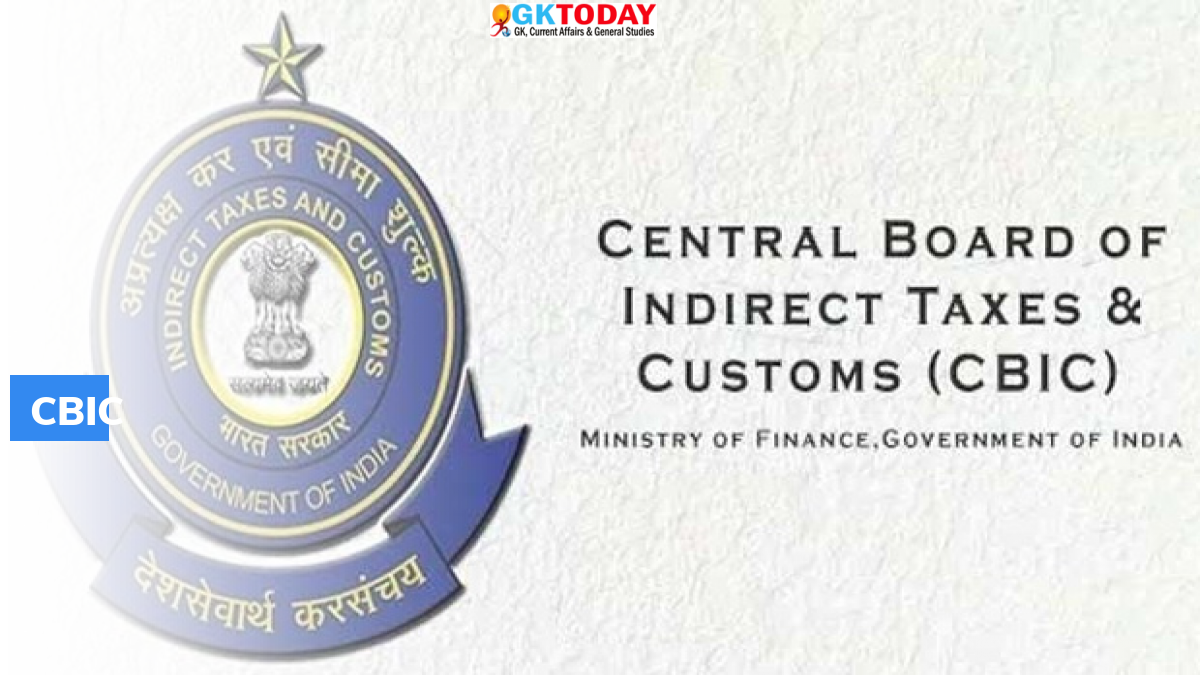Central Excise Day 2023
Central Excise Day is an annual event celebrated in India on February 24th to honor the works of Central Board of Indirect Taxes and Customs (CBIC) and mark the enactment of Central Excise and Salt Act. This day is dedicated to recognizing the sincere efforts, services, and contributions of CBIC officers. The primary objective of celebrating Central Excise Day is to raise awareness about the hard work and commitment of CBIC officers in preventing the corruption of goods from manufacturing industries.
The History of Central Excise and Salt Act
The Central Excise and Salt Act was enacted on February 24th, 1944. This act included one act related to excise duties. The act was amended in 1985 to introduce a new act called “Central Excise Tariff Act.” Initially, the excise tax duty was levied on 67 items only. Later, a 68th item was included in the list, which was “all other goods not elsewhere specified.”
In 1966, the Central Excise and Salt Act was renamed as “The Central Excise Act 1944.” The values and rates of the excise duties were included in the Schedule 1 and 2 of the act. These rates are periodically revised to reflect changes in the economy and market conditions.
Significance of Central Excise Day
The Central Excise Day is celebrated to commemorate the legislation of Central Excise and Salt Act and to raise awareness among the general public about the contribution of CBIC officers in the economic development of the country. The Central Board of Indirect Taxes is a part of the Department of Revenue under the Ministry of Finance, Government of India. It plays a critical role in the formulation of laws and policies regarding Customs, Central Goods & Services Tax, Central Excise duties, IGST, prevention of smuggling, and more.
Celebrating Central Excise Day
Educational events, seminars, workshops, training sessions, and award functions are held on Central Excise Day to spread the word about the significance of the day. These events are aimed at educating the public about the importance of paying taxes, the role of CBIC officers, and the impact of their contributions on the country’s economic progress.
Role of CBIC Officers in Industrial Development
CBIC officers play a critical role in the country’s industrial development. Their main function is to keep a check on the corruption of goods from the manufacturing industries. They ensure that the taxes paid by manufacturers are correct and are in compliance with the laws and regulations set by the government. The CBIC officers are responsible for collecting excise duties and ensuring that the goods being produced and sold are of high quality.
Contribution of Indian Citizens to the Country’s Economic Progress
Every Indian citizen must pay taxes to contribute to the country’s economic progress. Taxes are used to fund government programs, infrastructure, and services that benefit the public. The Central Excise Day serves as a reminder to all citizens to fulfill their tax obligations and contribute to the country’s economic growth.
Month: Current Affairs - February, 2023
Category: Important Days & Events Current Affairs


